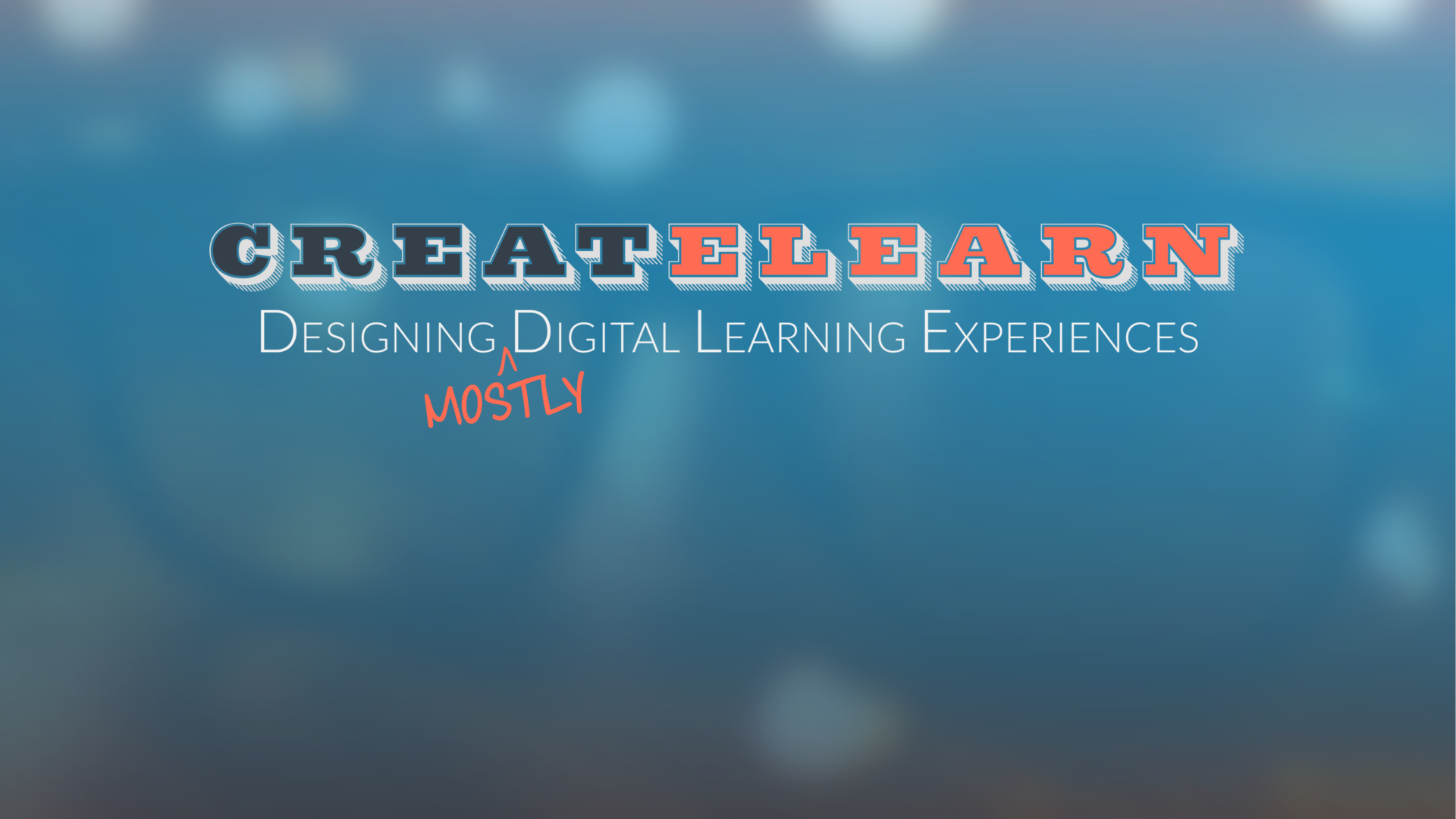Facebook in education can be a scary thought. But of course, it is possible. With lots of preparation and precaution, teachers can include Facebook to extend learning outside of the classroom. According to Karen’s (2009) blog many Canadian students and teachers are using Facebook to extend instructional time.
One way I have used Facebook in the classroom is by using it to provide information. I have asked my students to pretend certain concepts were people. What would the concepts Facebook page look like. Then, students can answer questions like…
- Where would it work?
- Who would it be friends with?
- What groups would it be part of?
- What would it “like?”
- What is its profile pic?
- What would its Info page look like?
The following is a list of potential benefits for using Facebook with K-12 students.
Pros:
- Upload and share educational pictures
- Send messages on classroom “walls” or to student/parents inboxes
- Chat with students and parents
- Watch educational videos
- Create and join groups related to the classrooms instructional content
- Provide students with questions to answer
- Provide students answers to their questions
- Provide opportunities to discuss instruction or issues in the classroom
- Provide students with links to educational resources
- Provide opportunities for social learning
- Provide social networking etiquette
- Teach students about digital citizenship
- Teach students about cyber-bullying and preventing it
- Teach students about posting appropriate comments
- Teach students how to protect their privacy
- Teach students to use profiles strictly for education (don’t friend everyone)
This is a fairly long list that could be added to, but it takes a constantly vigilant teacher to monitor the classroom’s Facebook wall. If the wrong content is posted, shared, or liked, teachers can face monumental problems.
So, regardless of Facebook’s potential in the classroom, it has several flaws that cannot be ignored. The following is a list of various issues with this websites use in the classroom.
Cons:
- Possibly lose your job if students do something wrong
- Teacher may be held responsible
- The wrong picture, comment, or person gets in to potentially destroy the dynamic
- Some students may not heed your warnings outside of school
- Students can fall victim to online predators
- Facebook is a marketing tool that analyzes your personal information
- Negative stigma attached to the site
- Administration may not agree with its use in the classroom
- Parents may not agree and would love to provide you with a “I told you so.”
- Problems could arise from the wrong relationships on Facebook.
All in all, Facebook could be a valuable tool for the classroom, but it provides many challenges to a teachers responsibilities. With over 300,000,000 (Underhill & Kurit, 2009) users, it’s most well known by parents and students. Unlike other less know social networking and blogging sites, Facebook commands the social networking market. Basically, many parents and students do not need instruction about signing up for a free account. There is definitely a long list of potential benefits for using Facebook, but it might not be every teacher’s first choice for online instructional use.
Nevermind what I say. What do you think? How can Facebook be used to enhance learning for K-12 students?
Facebook may be a sore subject for some districts. Facebook for Educators organization may be able to provide useful information for you. Here is a helpful guide for using Facebook.


You must be logged in to post a comment.